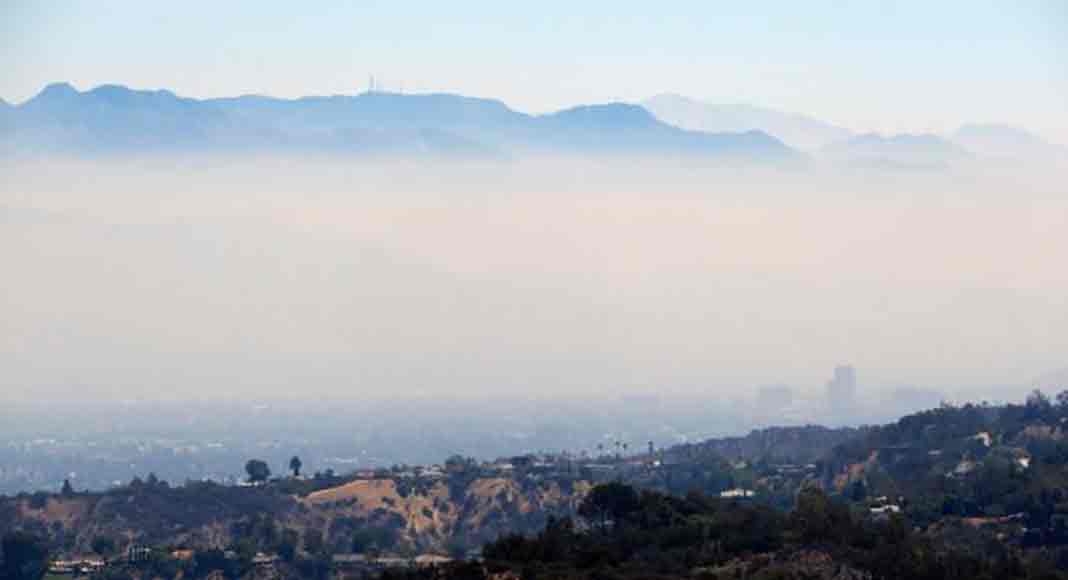The World Health Organization (WHO) announced its first air quality guidelines since 2005 on Wednesday, with the goal of lowering mortality caused by major pollutants that cause cardiovascular and respiratory ailments. The UN agency reduced the recommended maximum levels for numerous pollutants, including particulate matter and nitrogen dioxide, both of which are found in fossil fuel emissions, in its advice to its 194 member states.
“Air pollution is one of the biggest environmental threats to human health, alongside climate change,” it stated. The WHO acknowledged “clear evidence” of the damage inflicted by air pollution on human health” at even lower concentrations than previously understood.”
The WHO has lowered almost all of the air quality recommendations’ levels, warning that exceeding the new air quality guidelines’ levels poses serious health risks. At the same time, following them could save millions of lives, according to the report.
According to the World Health Organization, even modest levels of ambient and home air pollution can cause diseases like lung cancer, heart disease, and stroke, resulting in an estimated 7 million premature deaths per year.
“This puts the burden of disease attributable to air pollution on a par with other major global health risks such as unhealthy diet and tobacco smoking,” it stated.
People in low- and middle-income nations are disproportionately affected by urbanization and economic development that is primarily reliant on burning fossil fuels, according to the report.
The WHO has stated that reducing exposure to particulate matter (PM), which is capable of penetrating deep into the lungs and entering the bloodstream, is a top goal. Fuel combustion in sectors such as transportation, energy, households, industry, and agriculture is the primary source of these emissions.
The WHO has decreased the recommended yearly PM2.5 threshold from 10 micrograms per cubic meter to 5 micrograms per cubic meter under the revised standards. It also reduced the recommended PM10 level from 20 to 15 micrograms.
“Almost 80% of deaths related to PM2.5 could be avoided in the world if the current air pollution levels were reduced to those proposed in the updated guideline,” it stated, referring to particulate matter with a diameter of 2.5 millimeters.
“What matters most is whether governments implement impactful policies to reduce pollutant emissions, such as ending investments in coal, oil and gas and prioritizing the transition to clean energy,” said Dr. Aidan Farrow, a Greenpeace international air pollution scientist based at the University of Exeter in the United Kingdom.
In a statement, he stated, “The failure to meet the outgoing WHO guidelines must not be repeated.”
Apart from this, you can also read Entertainment, Tech, and Health-related articles here: Is PrEP effective for HIV, MovieRulz, Sex Education season 3, NFL Live Stream, Youtbe, Bailey Sarian Net Worth, Bollyshare, Afdah, Samsung Galaxy F22 Review, 1616 Angel Number, 444 Angel Number, Moviezwap, Y8, Jalshamoviez, Website traffic checker, Project Free TV, Kickassanime, 777 Angel Number, September 8 Zodiac, Kissasian, 666 Angel Number, 333 Angel Number, Holiday Season, Samsung Galaxy Z Flip 3 review, PUBG Launch Date in India, Sears Credit Card, GoDaddy Email, Free Fire Redeem Code, Mangago, Jio Rockers, New iPhone 13, Vivo Y53s Review, Eye Shapes, M4uHD, Fever Dream, Moon water, iPhone Headphones, Spanish Movies, Hip dips, M4ufree, NBAstreams XYZ, CCleaner Browser review, Avocado Calories, Bear Grylls net worth, Rihanna net worth 2021, Highest Paid CEO, The 100 season 8, Sundar Pichai net worth, Grimes net worth, F95Zone, how to change Twitch name, Sherlock Season 5, Homeland Season 9.






































